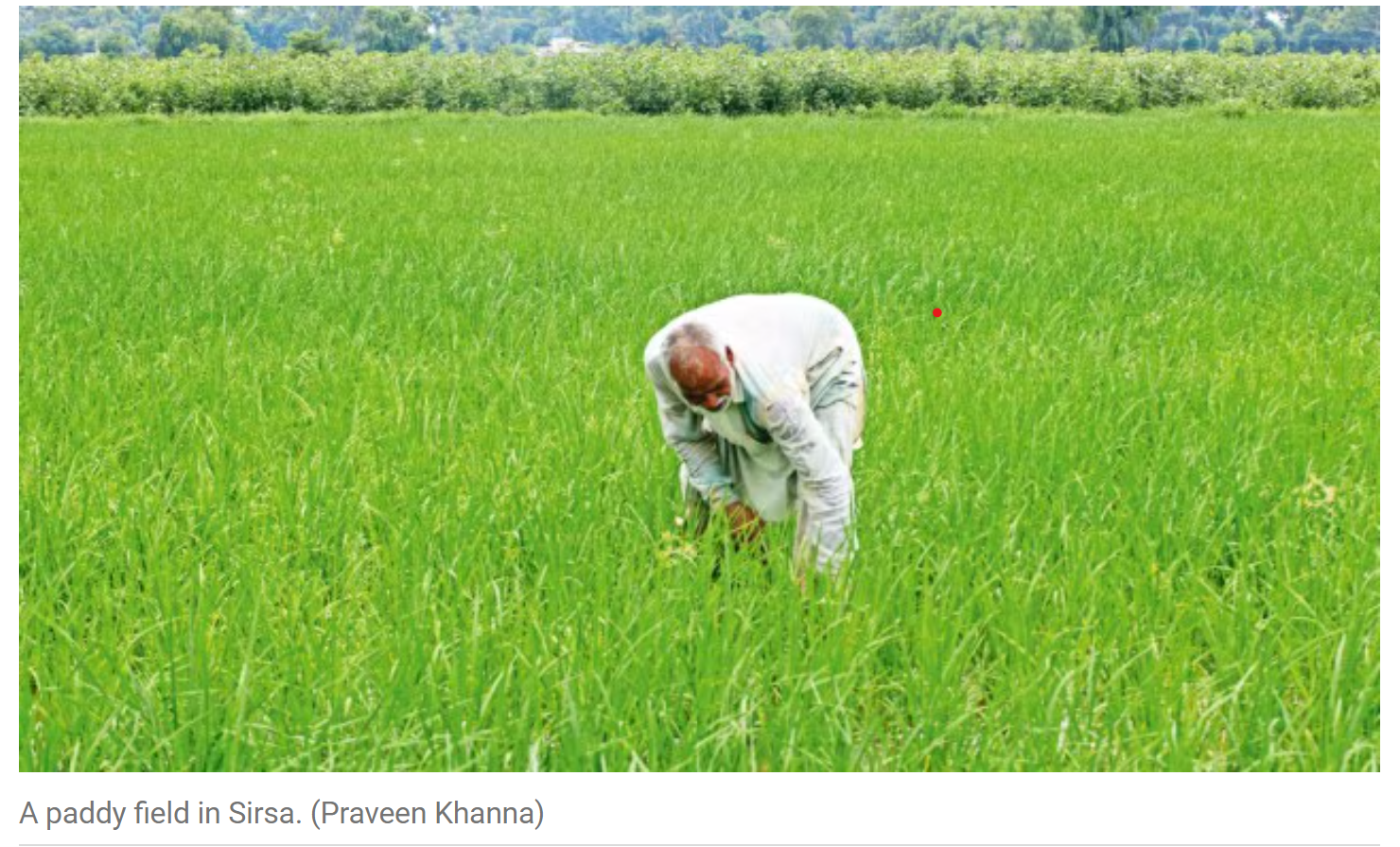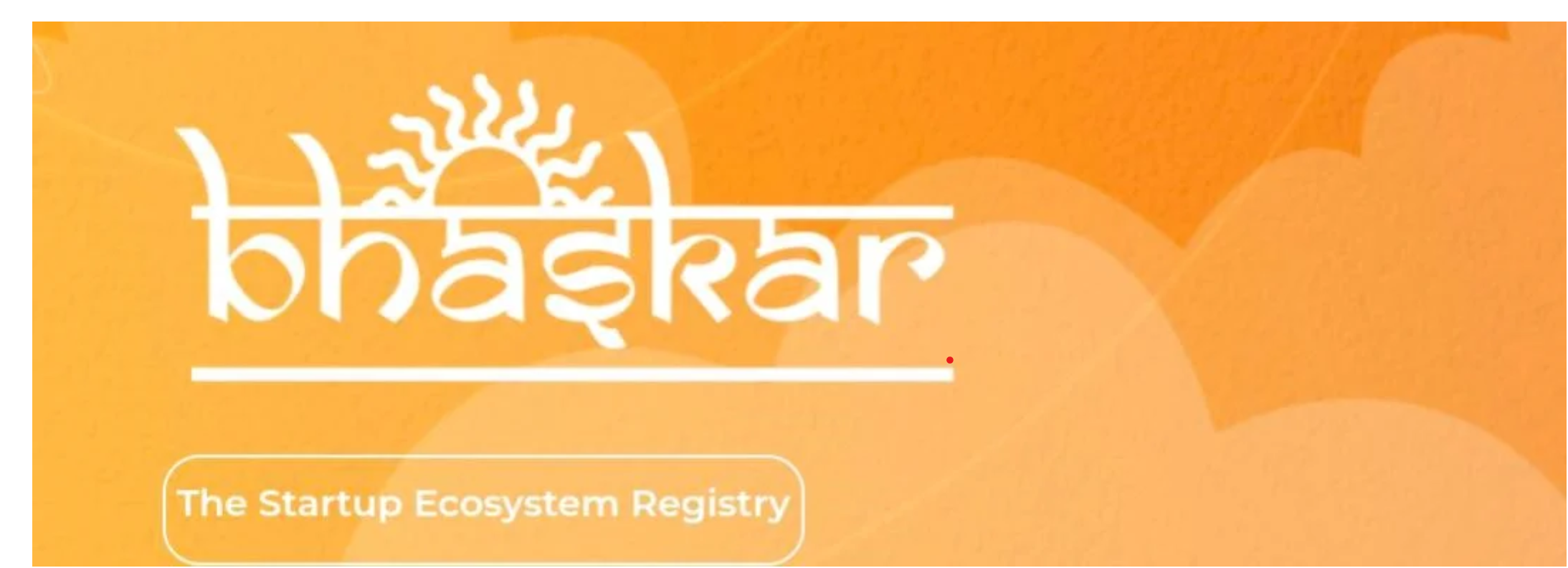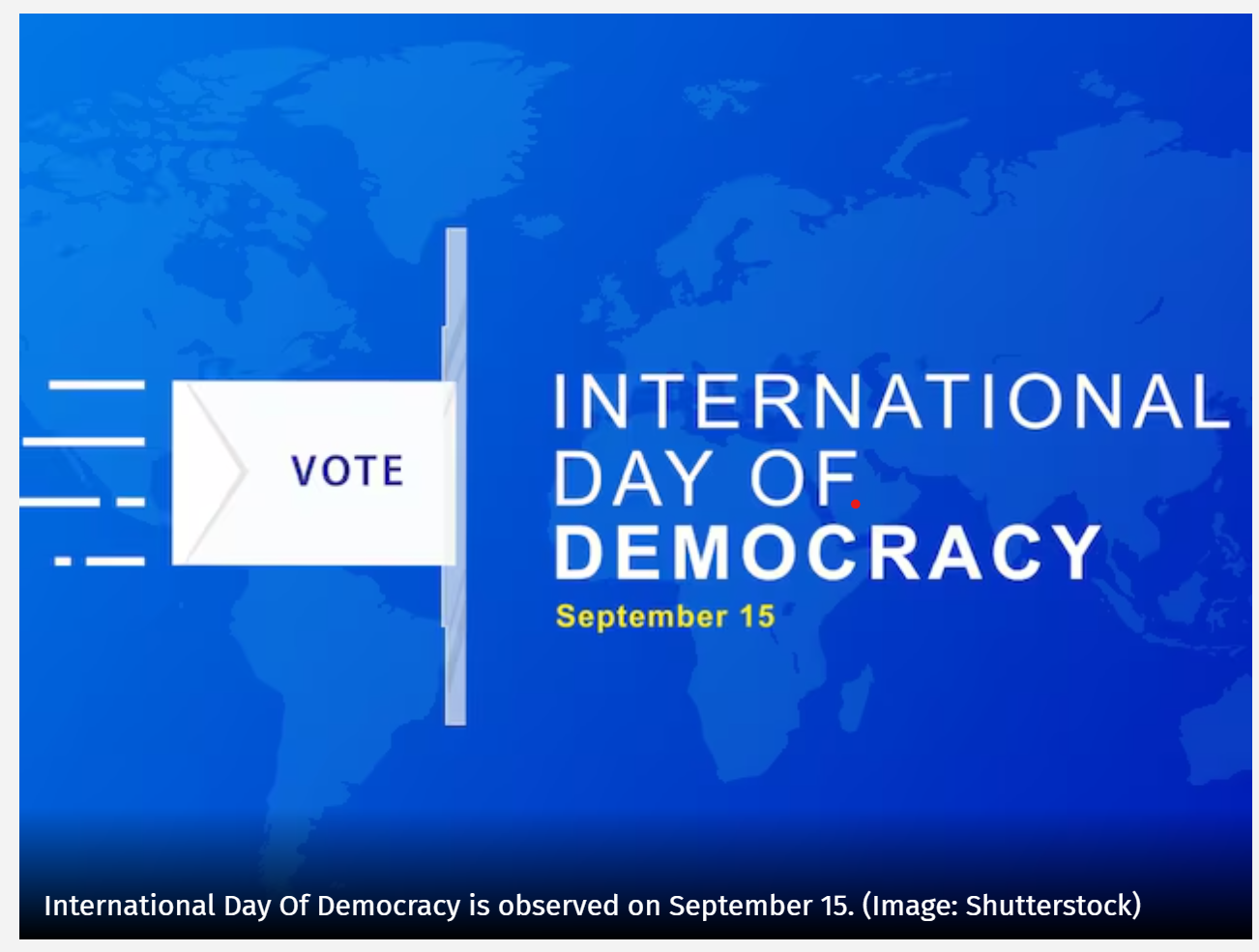Pink Bollworm Attack

- 16 Sep 2024
In News:
Haryana has seen an overall fall in acreage under cotton cultivation to 4.76 lakh hectares (lh) this kharif season from 6.65 lh in 2023. This has been accompanied by an increase in the area under rice from 15.20 lh to an all-time-high of 16.44 lh in the state.
Key Details:
- The reduction in the cotton area — also reported in neighbouring Rajasthan (from 7.91 lh to 5.13 lh) and Punjab (2.14 lh to 1 lh) — has been attributed mainly to PBW infestation.
- In May-June this year, at the time of sowing, the price of kapas (raw unginned cotton) averaged Rs 6,700-6,800 per quintal in Haryana mandis. This was against the average Rs 11,100-11,200 per quintal two years ago.
Pink Bollworm (PBW) Infestation:
- Impact: The pink bollworm has devastated cotton yields by attacking the bolls, which affects the weight and quality of the cotton. This pest has been particularly damaging since its appearance in 2017-18 and has caused significant losses in Haryana, Rajasthan, and Punjab.
- Spread: PBW spreads through the air and infected crop residues, which harbor larvae and spread to future crops. This infestation has led to a dramatic decrease in cotton acreage.
The spread of pink bollworm
- The pink bollworm first appeared in north India during the 2017-18 season in a few districts in Haryana and Punjab, primarily cultivating Bt cotton, and spread to Rajasthan by 2021.
- PBW primarily spreads through the air. Residue of infected crops, often left by farmers on the field to be used as fuel, can also harbour PBW larvae which can then infect future crops. Infected cotton seeds are another reason behind the pest’s spread.
Economic Impacts:
- Price Decline: The price of kapas (raw cotton) has dropped from Rs 11,100-11,200 per quintal to Rs 6,700-6,800, significantly impacting farmers’ profitability.
- Farmer Losses: Farmers like Shyam Sundar have reported substantial losses due to low yields and poor quality, leading them to switch to more profitable and reliable crops like paddy and guar.
Transition to Paddy
Water Requirements:
- Challenges: Paddy requires much more water compared to cotton. Farmers need to flood their fields, which is challenging in regions where groundwater is saline or limited.
- Current Practices: Despite the increased water requirements, some farmers have transitioned to paddy due to its potentially better economic returns, especially when paddy prices are relatively high.
Monsoon and Irrigation:
- Weather Dependence: The monsoon this year has been favorable, allowing some farmers to successfully grow paddy. However, reliance on monsoon and supplementary irrigation from tubewells is not sustainable in the long term.
Government and Expert Perspectives
Government Incentives:
- Subsidies: The Haryana government is offering incentives for farmers switching to alternative crops and using water-saving techniques like direct seeding of paddy.
- Support: While there is support available, the effectiveness and reach of these measures are mixed, and some farmers have faced issues with insurance claims and financial aid.
Expert Opinions:
- Temporary Solution: Experts caution that while switching to paddy may be a temporary solution, it is not sustainable long-term due to water scarcity and environmental concerns.
- Environmental Impact: Paddy cultivation contributes to higher carbon and methane emissions, which adds to the environmental challenges in the region.
Economic and Industry Implications
Cotton Industry Concerns:
- Reduced Production: Lower cotton production affects the entire supply chain, from textile manufacturers to cottonseed oil and meal producers.
- Potential Recovery: There is hope that reduced PBW infestation this year may lead to a recovery in cotton yields, but the extent of this recovery remains uncertain.
NIDHI Companies

- 16 Sep 2024
In News:
The Registrar of Companies has imposed penalties on over two dozen Nidhi companies for breaches of the Companies Act, such as delayed financial filings and share allotment issues. Fines range from ?20,000 to ?12.5 lakh, with Sri Sathuragiri Nidhi receiving the highest penalty.
What is Nidhi Company?
A Nidhi Company is a unique NBFC regulated under the Companies Act, 2013, and the Nidhi Rules, 2014. Nidhi company signifies that these companies promote thrift and savings habits among their members by accepting deposits and providing loans. They primarily cater to their local communities and operate within a defined geographical area.
Requirements for Obtaining Nidhi Company Status:
Within One Year of Registration:
- Minimum Membership: A Nidhi company must have at least 200 members within one year of starting operations.
- Financial Strength: The company's net owned funds (equity share capital + free reserves - accumulated losses - intangible assets) must be ?10 lakh or more.
- Deposit Security: Unencumbered term deposits (deposits not pledged as security) must be at least 10% of the total outstanding deposits.
- Healthy Debt Ratio: The ratio of net owned funds to deposits should not exceed 1:20. This ensures the company has sufficient capital to back its deposit liabilities.
Compliance Filing:
If a Nidhi company meets all the above conditions within the first year, it must file form NDH-1 along with the prescribed fees within 90 days from the end of that financial year. The form needs to be certified by a practicing Chartered Accountant (CA), Company Secretary (CS), or Cost and Works Accountant (CWA).
Extension Option:
Companies that are unable to meet the requirements within the first year can apply for an extension of one additional financial year. To do so, they need to submit form NDH-2 to the Regional Director within 30 days from the end of the first financial year.
Strict Enforcement:
If a Nidhi company fails to meet the requirements even after the second financial year, it will be prohibited from accepting new deposits until it complies with the regulations. Additionally, it may face penalties for non-compliance.
Benefits of Nidhi Company Registration
Nidhi companies offer several advantages for entrepreneurs:
- Tax benefits: They can enjoy tax exemptions on their profits under certain conditions.
- Reduced regulatory burden: Compared to other NBFCs, Nidhi companies face less stringent regulations.
- Local focus: They cater to the specific financial needs of their communities, fostering local economic development.
- Enhanced credibility: Registration brings legitimacy and builds trust among members.
Eligibility for Nidhi Company Registration
For registration of Nidhi company, the following requirements must be met:
- Minimum members: A minimum of seven members are required at the time of incorporation.
- Minimum capital: The minimum paid-up capital must be Rs. 5 lakh.
- Business restrictions: Nidhi companies cannot undertake activities like issuing debentures or underwriting insurance.
- Profit distribution: They can only distribute a maximum of 20% of their net profit as dividend.
BHASKAR Platform

- 16 Sep 2024
In News:
The Department for Promotion of Industry and Internal Trade (DPIIT), Ministry of Commerce and Industry, is set to launch a groundbreaking digital platform aimed at strengthening India’s startup ecosystem.
Key Details:
- The Bharat Startup Knowledge Access Registry (BHASKAR) initiative, under the Startup India program, is a platform designed to centralize, streamline, and enhance collaboration among key stakeholders within the entrepreneurial ecosystem, including startups, investors, mentors, service providers, and government bodies.
- This initiative aligns with the Government of India’s vision to transform India into a global leader in innovation and entrepreneurship, reinforcing the country’s commitment to the startup movement.
Empowering Innovation Through a Centralized Platform
- India, home to over 1,46,000 DPIIT-recognized startups, has rapidly become one of the world’s most dynamic startup hubs. BHASKAR seeks to leverage this potential by providing an all-encompassing, one-stop digital platform that addresses the challenges faced by entrepreneurs and investors alike.
- By serving as a centralized registry, BHASKAR will enable seamless access to a wide array of resources, tools, and knowledge that will help fuel the entrepreneurial journey from ideation to execution.
- BHASKAR is designed to foster a conducive environment for networking, collaboration, and growth within the startup ecosystem.
- By providing personalized BHASKAR IDs for each stakeholder, the platform will facilitate easier interaction, enhance searchability, and allow for efficient discovery of relevant opportunities and partnerships.
Key Features of BHASKAR
- The primary goal of BHASKAR is to build the world’s largest digital registry for stakeholders within the startup ecosystem. To achieve this, the platform will offer several key features:
- Networking and Collaboration: BHASKAR will bridge the gap between startups, investors, mentors, and other stakeholders, allowing for seamless interaction across sectors.
- Providing Centralized Access to Resources: By consolidating resources, the platform will provide startups with immediate access to critical tools and knowledge, enabling faster decision-making and more efficient scaling.
- Creating Personalized Identification: Every stakeholder will be assigned a unique BHASKAR ID, ensuring personalized interactions and tailored experiences across the platform.
- Enhancing Discoverability: Through powerful search features, users can easily locate relevant resources, collaborators, and opportunities, ensuring faster decision-making and action.
- Supporting India’s Global Brand: BHASKAR will serve as a vehicle for promoting India’s global reputation as a hub for innovation, making cross-border collaborations more accessible to startups and investors alike.
Driving Forward India’s Startup Ecosystem
- The launch of BHASKAR marks a significant step forward in the government’s ongoing efforts to promote innovation, entrepreneurship, and job creation. It will serve as a central hub where startups, investors, service providers, and government bodies can come together to collaborate, exchange ideas, and accelerate growth.
- By facilitating easy access to knowledge and resources, BHASKAR will help unlock the full potential of India’s startup ecosystem, driving the country’s emergence as a global leader in entrepreneurship. The platform will be pivotal in creating a more resilient, inclusive, and innovation-driven economy, laying the foundation for a prosperous future.
BHASKAR: Shaping the Future of India's Startups
As India’s startup ecosystem continues to grow, BHASKAR will play a critical role in enhancing the country’s global standing in entrepreneurship. By fostering a culture of collaboration, the platform will help startups overcome challenges and build innovative solutions that address the needs of tomorrow.
With the launch of BHASKAR, the Government of India is reinforcing its commitment to making India a leader in global innovation, entrepreneurship, and economic growth.
International Day of Democracy

- 16 Sep 2024
In News:
Karnataka marked the 'International Day of Democracy' by forming a 'historic' 2,500-km-long human chain as a symbol of equality, unity, fraternity, and participative governance. The massive human chain, which according to the Karnataka government will be the "world's longest", is being formed across the state from Bidar to Chamarajanagar, covering all 31 districts.
Key Highlights:
- Democracy Day is an annual celebration observed on September 15.
- The United Nations General Assembly established this day in 2007 to emphasise the global significance of democracy. It serves as a reminder that democracy is not merely a fixed condition, but an ongoing pursuit. It calls for active engagement from international organizations, nation-states, civil society and people to pursue the democratic idea.
International Day of Democracy History
- The International Day of Democracy was accredited by the United Nations General Assembly (UNGA) on November 8, 2007, by passing a resolution entitled “Support by United Nations system of efforts of governments to promote and consolidate new or restored democracies.”
- September 15 was chosen to coincide with the anniversary of the Inter-Parliamentary Union’s Universal Declaration on Democracy, which was adopted in Geneva on September 15, 1997.
- This declaration outlines the tenets of democracy proclaiming that democracy is “a system of government based on the freely expressed will of the people to determine their own political, economic, social and cultural systems and their full participation, through free and fair periodic elections, in the composition of their representative government.”
- After the Universal Declaration on Democracy, Qatar spearheaded the campaign to observe an International Day of Democracy at the United Nations.
- The first-ever International Day of Democracy was held in 2008.
International Day of Democracy Significance
- The International Day of Democracy evaluates global democracy, emphasising that it requires commitment and engagement from the international community, the national state governments, civil societies and individuals.
- The day also reminds the nations of the need to uphold the principles of democracy such as the freedom of speech enshrined in Article 19 of the United Nations Universal Declaration of Human Rights.
